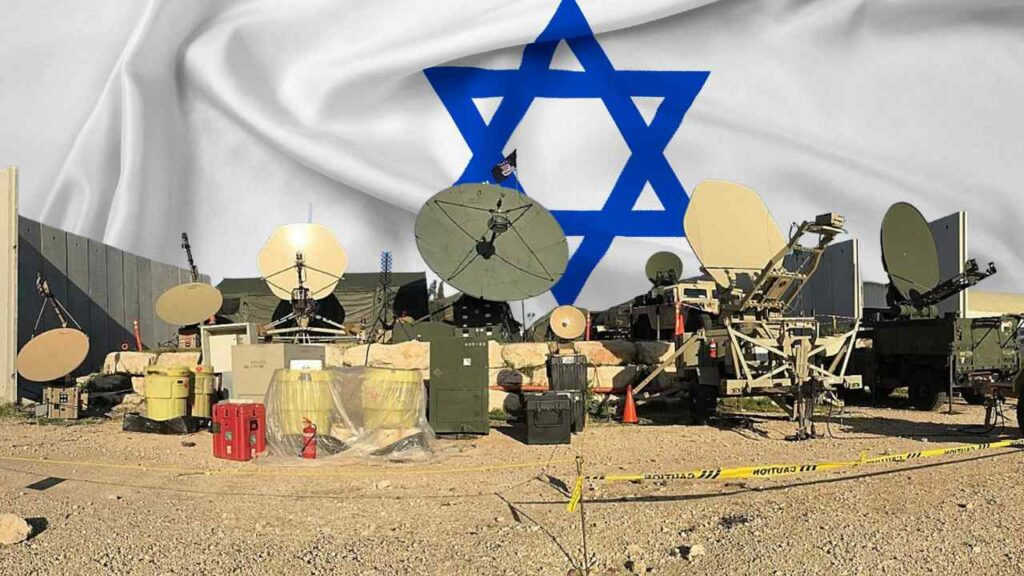1. Deceptive Strategies:
Hamas executed a careful campaign of deception, ensuring Israel was unprepared for the assault. They portrayed an image of being uninterested in military confrontations while secretly preparing for a massive operation.
2. Misreading Signals:

Israel misinterpreted Hamas’s military drills as mere posturing. Even when Hamas constructed a mock Israeli settlement in Gaza for training, Israel believed it was just for show.
3. Economic Distractions:

Israel believed that by providing economic incentives to Gazan workers, they were containing a war-weary Hamas. This misconception led them to think that Hamas was more focused on the economy than on military operations.
4. Communication Failures:

On the day of the attack, Hamas disrupted Israeli military communication stations, preventing personnel from coordinating or calling for backup.
5. Underestimation of Hamas’s Capabilities:
Israel underestimated the extent of Hamas’s planning and capabilities, leading to a severe breach in their defenses.
6. Overconfidence in Intelligence:

Israel’s confidence in its intelligence capabilities made it complacent, missing out on crucial signs of an impending attack.
7. Distraction from Other Threats:
Israel’s focus on other potential threats, like violence in the West Bank, led to a reduced military presence near Gaza, which Hamas exploited.
8. Failure to Anticipate the Scale:
While there might have been some warnings, neither Israel nor other Western intelligence agencies anticipated the scale and complexity of the Hamas attack.
9. Public Mockery:
Hamas’s restraint from military operations against Israel in the past led to public criticism, further convincing Israel that Hamas was not interested in a confrontation.
10. Overreliance on Economic Incentives:
Israel believed that by allowing Gazans to work in Israel and bring money into Gaza, they were ensuring peace. This turned out to be a grave miscalculation.










